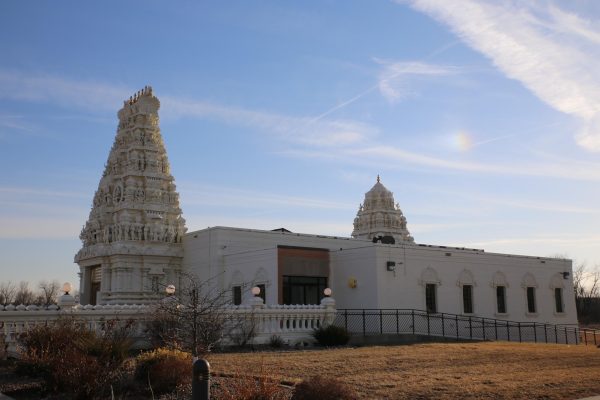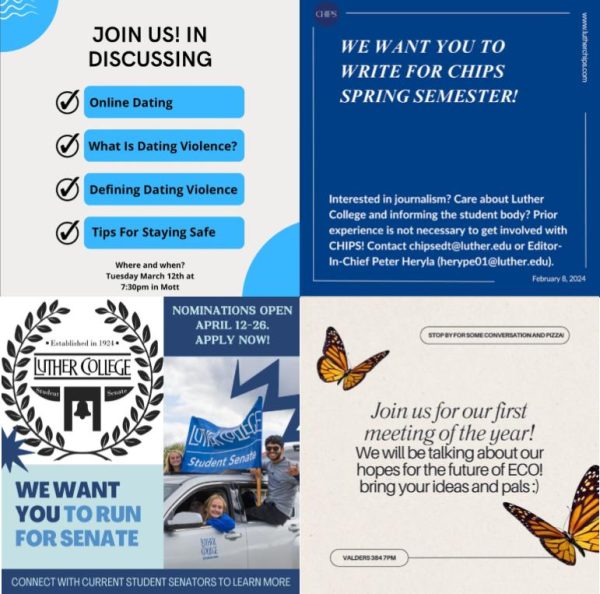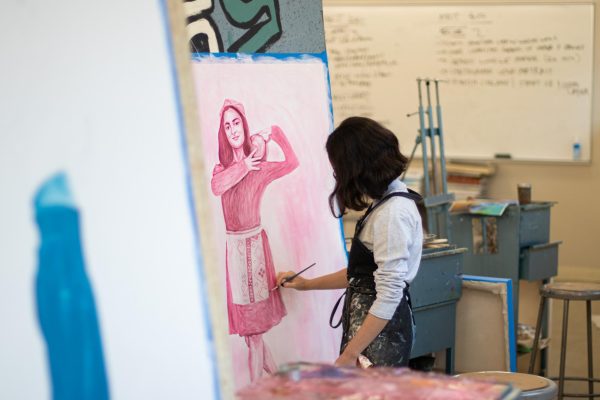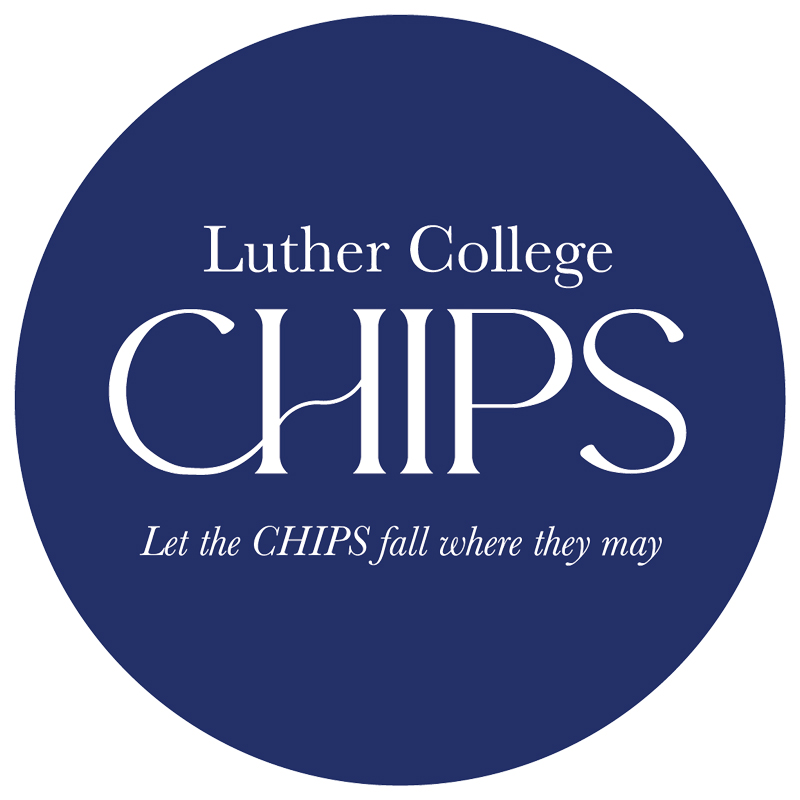Rap: more than just a genre.
Music has always been one of the greatest tools that society uses to show its beauty and style, and even its flaws. Through music people express themselves, and different cultural groups around the world portray their backgrounds through the mosaic of musical genres we see today. The eloquence of putting your thoughts or feelings into a song is, in fact, quite rare and though it can be taught, there’s always the influence of culture and emotional expression that feeds into even the most formal of music.
One genre of music stands out to me amongst all others, and that’s rap. Rap is a genre that is not often appreciated enough and is frequently portrayed by the media as unsavory, crude, disrespectful, vulgar — the list goes on. As an avid listener of such a misconstrued brand of music I would like to share why I think rap should be viewed differently. For someone who grew up in the bustling streets of Kampala, Uganda in the 2000s, dancehall and afrobeat were common, and they represented a very big part of the culture for many people my age. The use of rhyme and rhythm in my culture is unquestionable as that was the sound I grew up with— but that’s not what got me into rap.
The connections between rap and dancehall go way back to when rap originally started. In the boroughs of New York City in the 1970s, Clive Campbell (also known as DJ Kool Herc) was defining a new age of music in the heartbeat of the Bronx. A Jamaican born DJ, Campbell and his influence on rap and hip-hop in the seventies is responsible for much of what we hear and listen to today. Hip-hop took off in the U.S. and soon after rap would etch itself into the music industry, permanently linking rap and hip-hop together.
Rap artists communicated something different to the people who listened to their music. Rap and hip-hop listeners throughout the world were mainly people of African descent and because of the closeness of the genre to spoken word and traditional storytelling, it caught on as a means for musicians to express emotions and opinions artistically. Among black communities, hip-hop would start to portray a recurrent message. In Jamaica, artists like Bounty Killer made waves on the local scene with undeniable skill, and in the U.S. the gangster rap wave introduced groups like N.W.A and the Wu-Tang Clan. The prevalence of the genres further spread to Europe, Asia and even back to Africa.
Many rap and hip-hop artists seek to send a message to the public through this style of music, This makes music more than just a form of art but a form of social activism as well. The inclination of rap and hip-hop towards violence and the brandishing of material things are a result of the living conditions and the relatability of these concepts to those who grew up experiencing these things. In past years, we have seen a rise in artists who, like Dave in the UK scene, have used their music as a way to communicate and encourage the younger generations to make the best of their situations and remove much of the disillusionment the media may place on this music.
Historically, rap has ushered in an era of unrepentant freedom of expression among youth in many communities, and the message of the music has become clear. To me and many others, rap represents a cultural movement that has spanned many decades. It shows how our culture originated from the African continent, and how it grew to permeate through the global scene. As a genre that tells the ugly truth about a part of a society that people tend to turn away from, rap resonates with a new culture that longs to be heard.







Khaira • Nov 14, 2022 at 2:21 pm
This is such an interesting take on this lionel, good job!